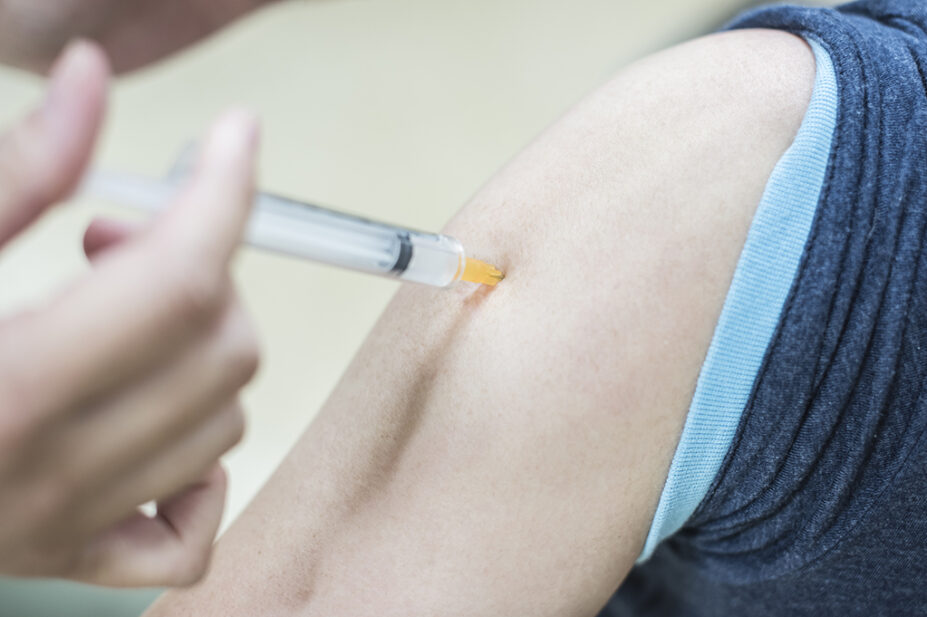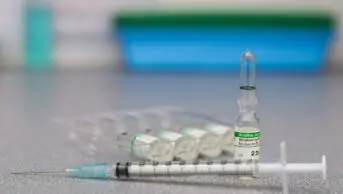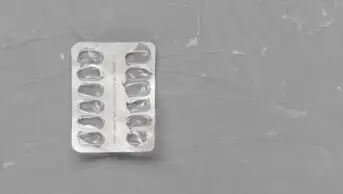
Shutterstock.com
The Department of Health and Social Care (DHSC) and NHS England are to convene a clinical reference group to help tackle a forthcoming shortage of Pabrinex (vitamins B and C) IV high potency solution for injection ampoules.
A ‘Tier 3 high impact’ medicine supply notification, published on 3 April 2024, warned that the product would be out of stock from August 2024 until at least September 2025, with the intramuscular injection formulation to be discontinued with its stock expected to be exhausted from December 2024.
The injections, manufactured by Grunenthal Meds, are indicated for rapid therapy of severe depletion or malabsorption of vitamins B and C, particularly common in alcoholism.
In the alert, the DHSC and NHS England warned that there are no other licensed parenteral alternatives to Pabrinex injections, but added that thiamine 50mg and 100mg oral tablets remain available as alternatives and should be used where clinically appropriate.
The supply notice said that the DHSC and NHS England are “convening a clinical reference group” to develop additional guidance, as well as “working with importers/suppliers to source alternative products including unlicensed thiamine injections”.
In the meantime, the supply notice advised NHS trusts to locate and consolidate their current Pabrinex stock. It also warned that Pabrinex IV should not be replaced with the intramuscular formulation, which should be reserved for administration in non-hospital settings.
Commenting on the supply notification, Mark Borthwick, consultant pharmacist in critical care at Oxford University Hospitals NHS Foundation Trust, said: “Pabrinex is used widely within the NHS for a variety of indications, though critically is primarily used for its thiamine content to treat Wernicke’s encephalopathy [which is caused by a lack of vitamin B1], or prevent it arising in at-risk patients.
“As the only licensed high-dose thiamine preparation that can be given parenterally, the loss of this product is particularly problematic for services that routinely treat such patients. These services will be seeking assurances that treatment options will be available when existing stocks of Pabrinex are exhausted later in the year.
“In England, the DHSC and NHS England are intending to actively manage the situation through the use of an urgently convened clinical reference group. The group is likely to produce more comprehensive clinical guidance, alongside the implementation of measures to import parenteral thiamine.
“High-dose parenteral thiamine as a single product, rather than compounded with other vitamins, is both widely available, and widely used outside of the UK.”
In March 2024, The Pharmaceutical Journal reported that medicines shortages reported to government by manufacturers had increased by almost 70% since 2021.


